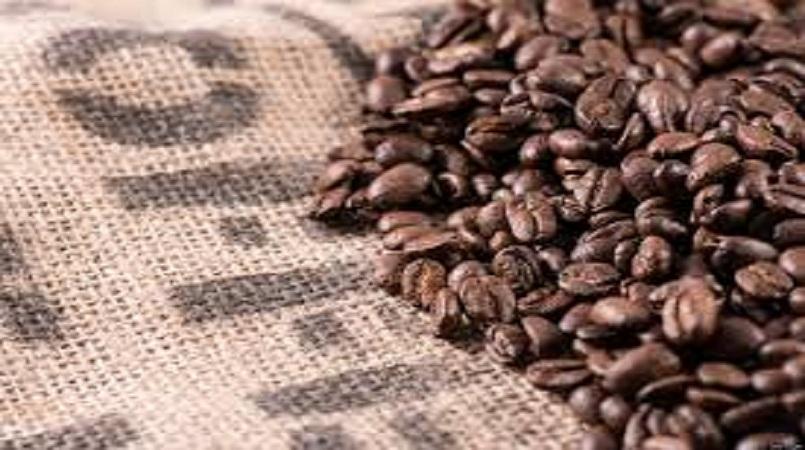
Officials from the World Bank and International Fund for Agricultural Development (IFAD) have concluded a successful assessment of coffee rehabilitation activities in the country.
The 11th implementation support mission from November 17-21 was headed by World Bank agriculture specialist based in Vietnam, Nathan Belete; and Dan Vadnjal and Agnes Deshormes of IFAD.
They delegation met with coffee processing, exporting firms and NGO groups partnering in the coffee rehabilitation work in Eastern Highlands, Chimbu, Jiwaka and Western Highlands under call 1 and 2.
The objective of the mission was to assess the progress since the last assessment in March with focus on sustainability aspects when World Bank, IFAD and PNG Government funding ends.
“It’s truly quite impressive to see how much work has happened and to put into context what we read from reports,” said Belete in a meeting with farmers at Kormil Kana village in South Waghi, Jiwaka Province on Sunday November 20.
“What we see now, there are positive signs of implementation, though the project started slowly.
“I think it gives chances of further funding,” said Mr Belete, Agriculture Global Practice Manager for East Asia and the Pacific (EAP). Belete is in charge of World Bank agriculture development funded projects in 17 countries in the EAP region including PNG.
Deshormes of IFAD wants to see the PPAP (Productive Partnerships in Agriculture Project) becomes successful to extend its coverage.
“We want a successful model (PPAP) to help you. Let’s concentrate on this one to make it successful to benefit other farmers as well,” Deshormes explained to the farmers at South Waghi.
The PPAP coffee component is coordinating industry rehabilitation activities which started in June 2011. The focus of the project is to improve coffee yield and quality which has declined over the years. At the farmers’ level, it means more income to improve their wellbeing.
It is a Coffee Industry Corporation project coordinated by DAL and financed by a loan facility from World Bank (IDA) and IFAD with support funding from PNG Government.
The team also visited project sites and farmers in Jiwaka Province. The first was to Bung village, North Waghi to see an eco-pulper funded and installed by the CIC-PPAP in December 2015. Kosem Coffee Ltd is using the facility with its farmers.
The group also visited Avi Block where a large gathering was hosted by farmers and their families working with Timbuka Coffee Ltd.
The field travel was an opportunity for the delegation to see and feel the many challenges face by farmers in terms of road conditions and market access.
On Monday November 21, a seminar was held at McRoyal Hotel Mt Hagen where CIC-PPAP implementing partners in Jiwaka and Western Highlands shared their success stories, challenges and local approaches which they know work best to deliver the project.
The delegation was struck by the remoteness of some projects where road and market access remains an obstacle to many rural farmers.
A presentation by Mark Munnul of Kosem Coffee Ltd explained how they successfully worked with two farmer groups from North and South Waghi (Kormil Kana) to finish in the top 10 of 2016 National Coffee Cupping competition held in Lae in September.
The Kosem farmers were also the first in the province and the highlands region to organise as a group to export 320 green bean bags to South Korea recently for a fair price.
The mission was coordinated by the Department of Agriculture & Livestock.
